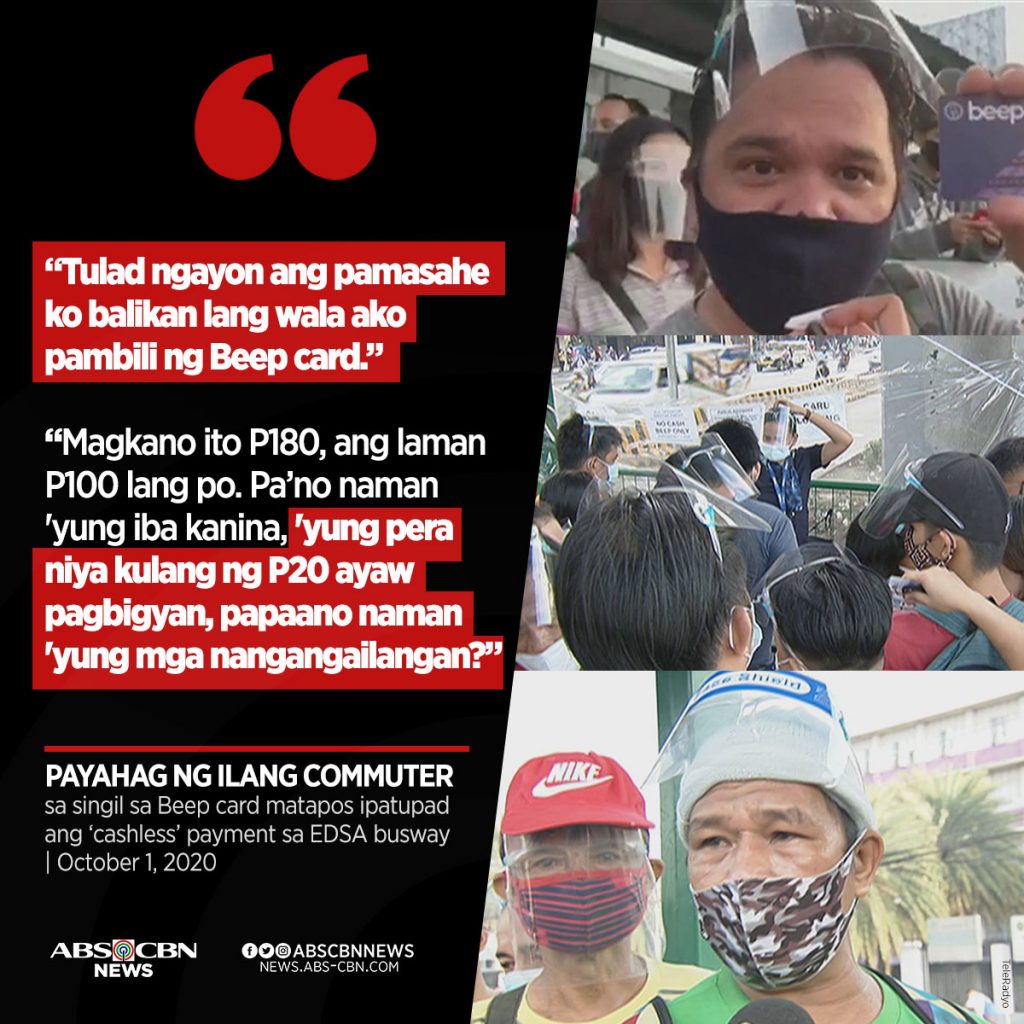Numerous posts surfaced about the 180-pesos beep cards for buses, following the fee for online cash transfers for GCash, Instapay, and others, online selling, etc. Philippines came to the point where all things require money to acquire, while the country’s debt kept on piling.
Ecumenical Institute for Labor Education and Research (EILER) holds the government accountable for these imposed fees and tax caused by privatization that has long been a burden for Filipinos especially workers.
These arduous protocols ‘for public health’ solidify the point that the current administration is exploiting the pandemic for more debt-driven fund. This week, World Bank approved the 600-million dollar loan that according to the government is set to support the poorest of the poor.
There is 20 billion pesos left from Social Amelioration Program of the government, and if it was not aired out on the senate hearing, the DSWD will not publicize that it is intended for the 4Ps.
“The current administration looks on the pandemic response as a way to gain more fund that is not reflected on its constituents well-being. The 4Ps reasoning can be mistook as a joke if the rate of hunger kept on rising, funds are being allocated but can’t be seen on the actual,’’ EILER Executive Director Rochelle Porras said.
The newly approved debt is labelled under ‘FIRST social protection project’ for the poor Filipinos without recognizing the sectoral need for it. Workers have long been fighting for genuine social protection in the workplace, fair salary and benefits, and more local jobs.
“Social protection is not a band-aid solution. It is a systematic resolution that benefits the vulnerable sectors through workers incentives. It is not a one-step process, but a requirement and point of progress for the workers to finally achieve justice for labor’s worth,” Porras ended.

